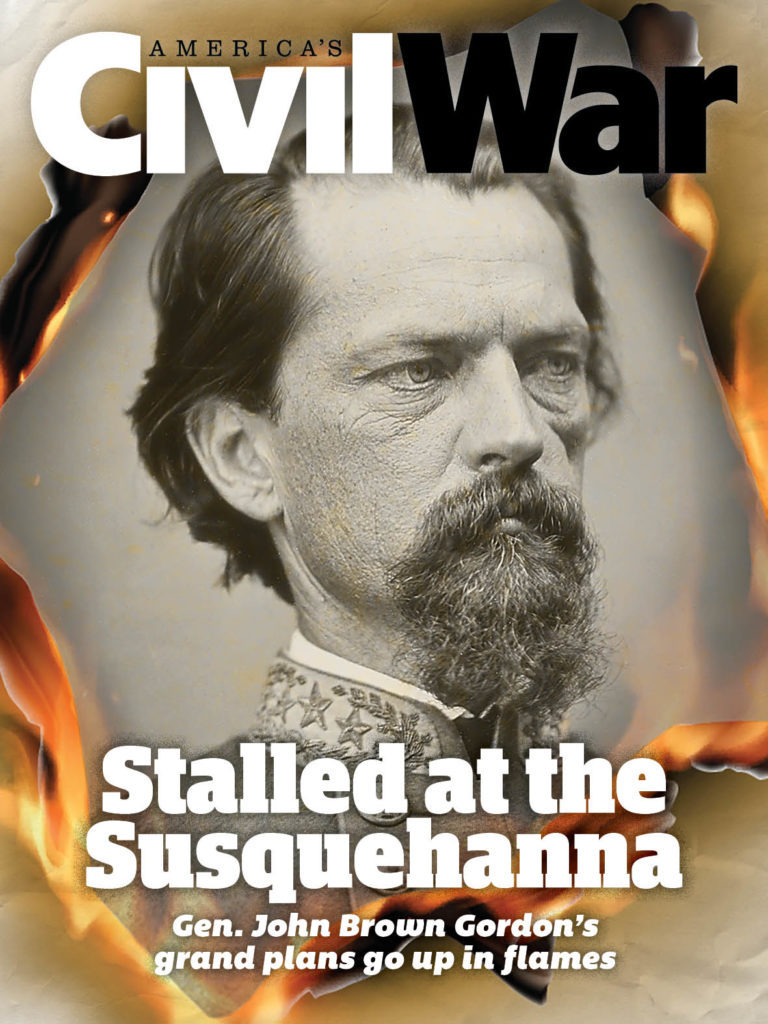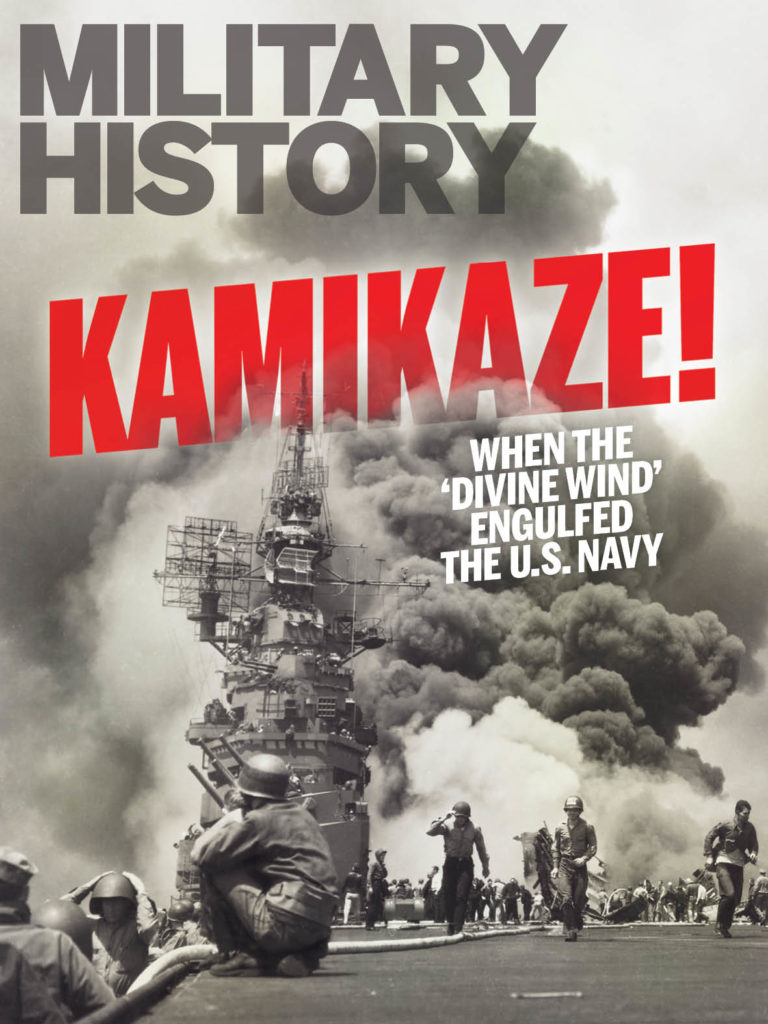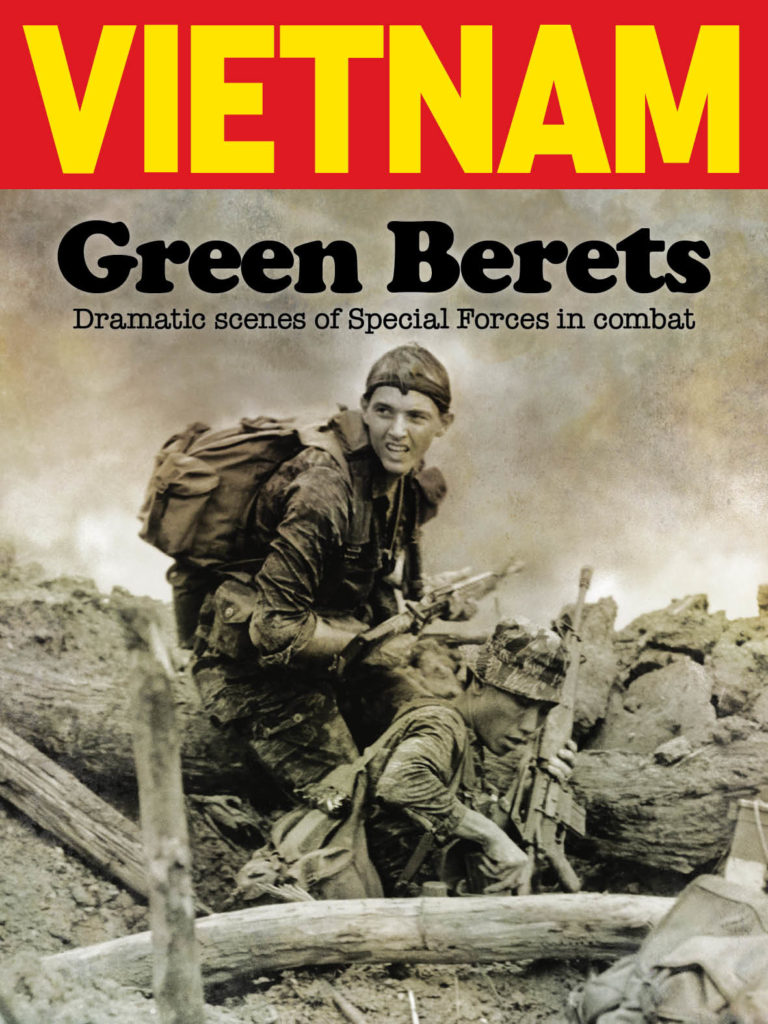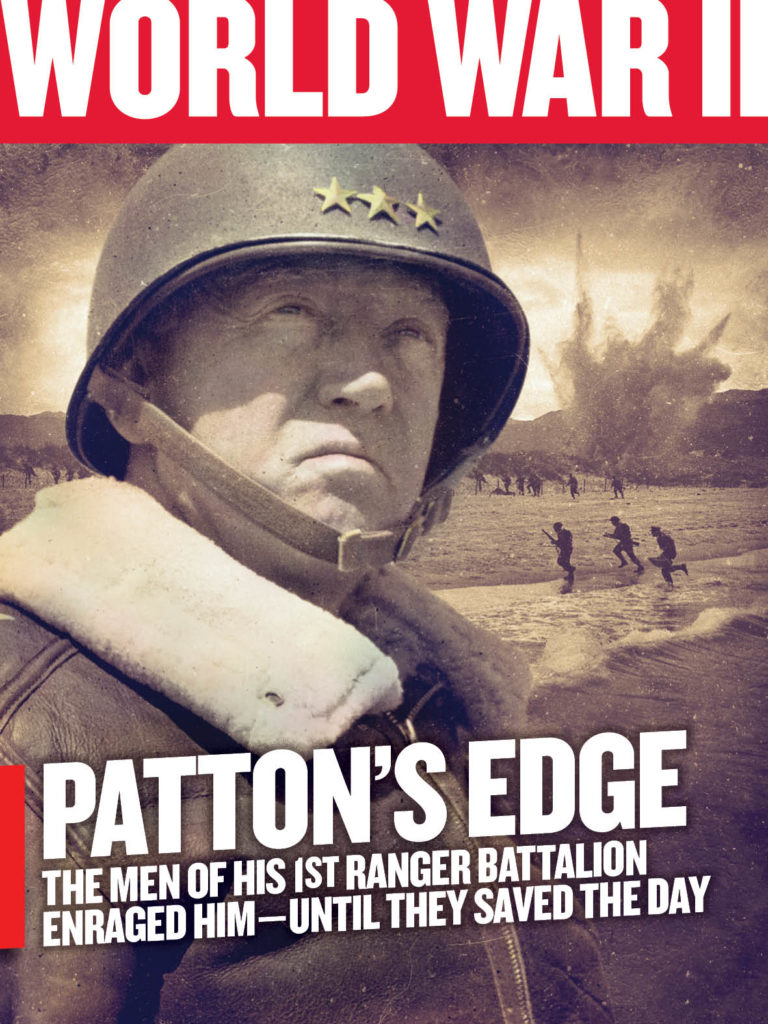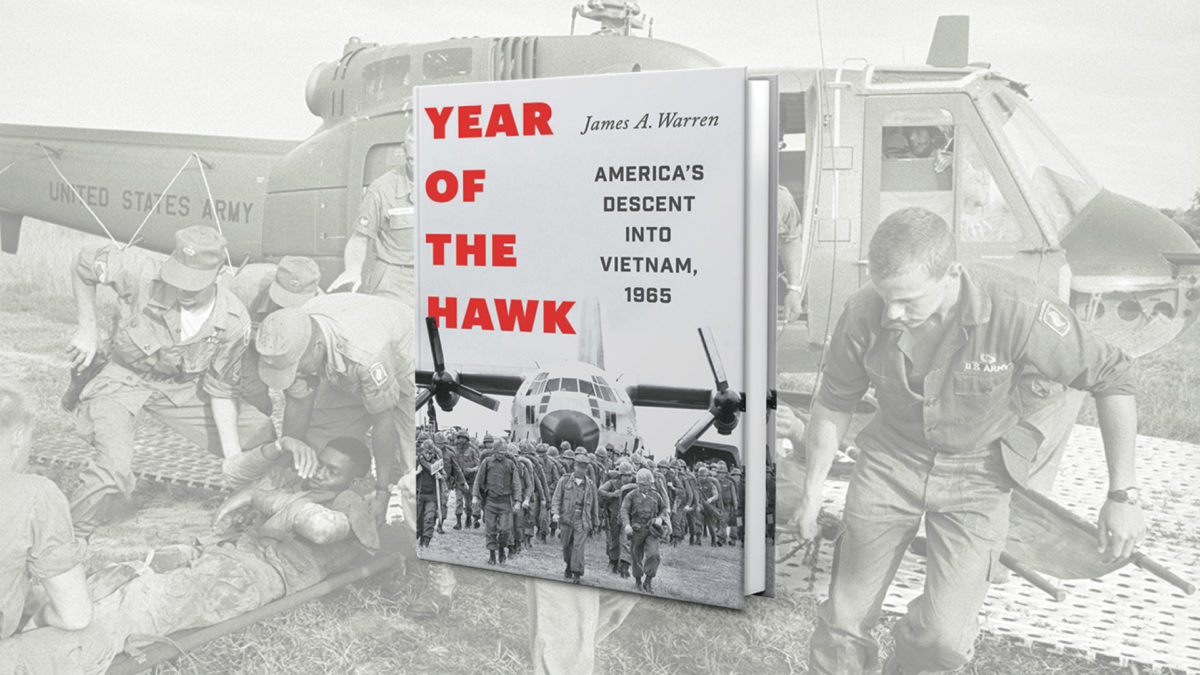In Year of the Hawk: America’s Descent into Vietnam, 1965, author James A. Warren sets out to chronicle the Vietnam War with an emphasis on one particular year. The book contains three parts: background on the war, the various methods used to fight it, and reflections about the war overall.
Warren’s book is detailed, straightforward and easy to understand. Readers who already have a broad base of knowledge about the Vietnam War, or who experienced it, will likely find that the book covers familiar ground as the author presents a general overview of the conflict.
Year of the Hawk introduces readers to major themes of the war with sections including “Vietnam and the Vietnamese,” “The First Indochina War,” “[Gen. William] Westmoreland’s Strategy of Attrition,” and “The Secret CIA War in Laos,” among other topics that will likely be recognizable to readers conversant about the Vietnam War.
The book is a well-written but fairly general synopsis of the war and its outset. Warren does not advance any significant new theories about the conflict nor break new ground in terms of Vietnam War literature.
The standout chapter of the book, in this reviewer’s opinion, is “Marines at War,” which occurs in Part II. Warren provides a close-up look at the approaches and combat actions of the U.S. Marine Corps in 1965. The Marine encounters are vividly described with details that may be fresh even to readers well-versed in the war. Warren has previously penned highly acclaimed books regarding the Marines and his talent in writing this chapter does not go unnoticed.
In the Marines chapter, the author weaves in poignant reflections from 1st Lt. Phil Caputo, who recalled years after the events: “It was a haphazard, episodic sort of combat…we did not see heavy combat…[b]ut we saw enough to learn those lessons that could not be taught in the training camps: what fear feels like and what death looks like, and the smell of death, the experience of killing, of enduring pain and inflicting it, the loss of friends and the sight of wounds. We learned what war was all about, and a callus began to grow around our hearts, a kind of emotional flak jacket that blunted the blows and the stings of pity.” The inclusion of such firsthand reflections enriches Warren’s narrative.
Although Year of the Hawk doesn’t offer much in major new revelations, it must be praised for its educational potential. Well-organized and easy to absorb, the book is a good primer for readers who do not already know about the Vietnam era—for example younger generations who would benefit from learning more about the war and those who fought it. Warren’s book could also be useful for readers from other countries seeking more information about how the war unfolded from an American perspective.
This book review appeared in the Winter 2023 issue of Vietnam magazine.
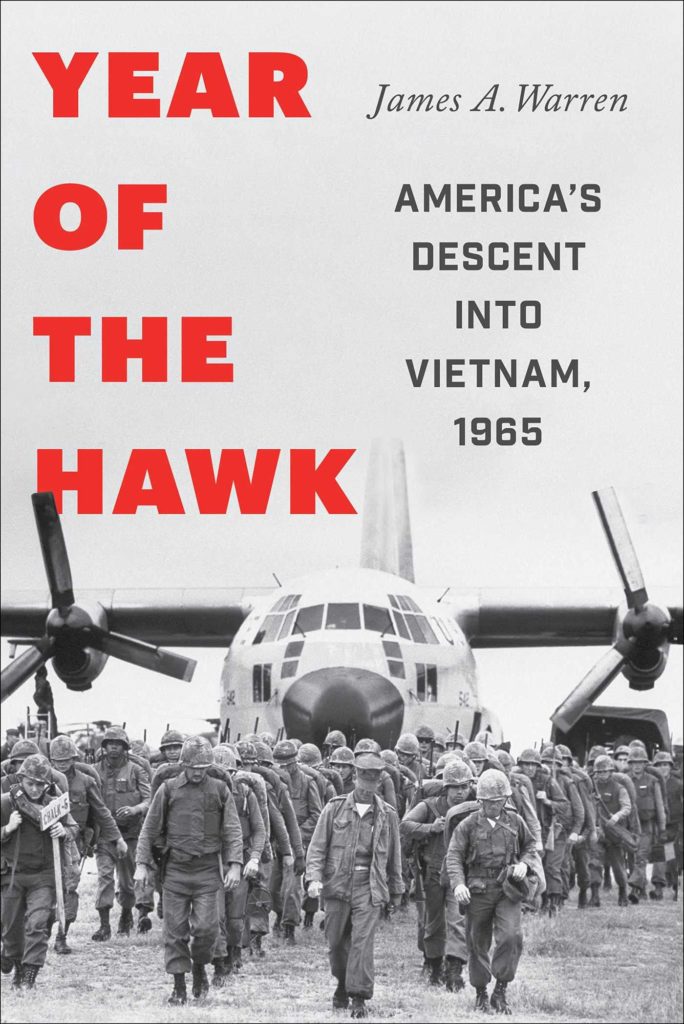
Year of the Hawk: America’s Descent into Vietnam, 1965
By James A. Warren
Scribner, 2021
historynet magazines
Our 9 best-selling history titles feature in-depth storytelling and iconic imagery to engage and inform on the people, the wars, and the events that shaped America and the world.

